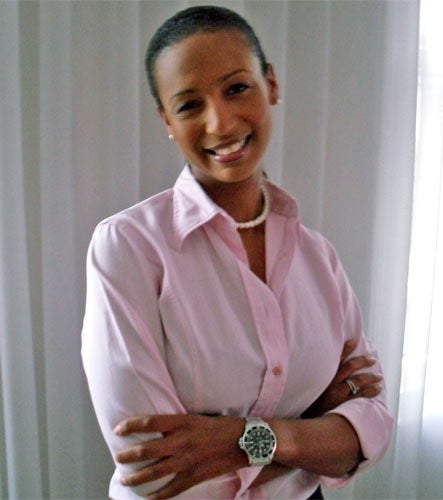IVF lottery is entirely inappropriate, says fertility watchdog

Your support helps us to tell the story
From reproductive rights to climate change to Big Tech, The Independent is on the ground when the story is developing. Whether it's investigating the financials of Elon Musk's pro-Trump PAC or producing our latest documentary, 'The A Word', which shines a light on the American women fighting for reproductive rights, we know how important it is to parse out the facts from the messaging.
At such a critical moment in US history, we need reporters on the ground. Your donation allows us to keep sending journalists to speak to both sides of the story.
The Independent is trusted by Americans across the entire political spectrum. And unlike many other quality news outlets, we choose not to lock Americans out of our reporting and analysis with paywalls. We believe quality journalism should be available to everyone, paid for by those who can afford it.
Your support makes all the difference.Plans for an "IVF lottery" promising infertile couples a monthly chance of "winning" fertility treatment have been condemned by the regulator.
Couples can enter the £25,000 draw by buying £20 tickets online from the end of this month, with the first winner to be picked on 18 September. The top prize entitles the winner to IVF at one of five top London clinics – but it seems that none have so far confirmed participation in the scheme, as they were only approached about the idea last week.
The Human Fertilisation and Embryology Authority (HFEA), which regulates clinics, said it was "very concerned" by the lottery.
Camille Strachan, founder of the To Hatch charity behind the controversial lottery, last night rejected accusations she had manufactured a publicity stunt to improve the charity's fortunes. Ms Strachan told The Independent she couldn't confirm which clinics would be involved because "nothing was written down in stone". To Hatch, which Ms Strachan registered as a charity last November, will receive 20 per cent of the ticket sales.
Dr Allan Pacey, past secretary of the British Fertility Society (BFS), said the scheme highlighted the "sorry state of affairs" faced by British infertile couples who were vulnerable to such gimmicks because access to IVF remains patchy. Faced with worsening financial pressures, a number of primary care trusts have stopped providing IVF altogether – despite national recommendations which entitle couples who meet the medical and demographic criteria to three free cycles.
While private clinics can treat men and women excluded from NHS treatment, they must turn people away if the treatment would be pointless or unsafe.
An HFEA spokesman said: "We are strongly of the view that using IVF as 'prize' in a lottery is wrong and entirely inappropriate. It trivialises what is for many people a central part of their lives. We will be in touch with the charity concerned and the centres that seem to be involved to ensure they are aware of our view."
Ms Strachan said she founded the charity to help people navigate the confusing NHS system. The lottery, which is actually more like a raffle, will be open to single, gay and older people as well as couples. "Time and time again I hear stories of people maxing out the credit cards and re-mortgaging their home because they can't get access to IVF through the NHS. This is not a wacky stunt; it is about helping people desperate people who cannot afford to go privately," she said.
Who's behind the scheme?
Camille Strachan, 38, from west London, set up To Hatch as an information source after trying to access IVF for herself, both through the NHS and privately. Eventually, she conceived naturally and gave birth to her son in August 2009. She then converted her website into a working charity.
Having trained in architectural engineering at the University of Westminster and computer graphics and animation at the University of Teeside, she previously worked as a project manager for a City construction firm. Ms Strachan is now the full-time director of To Hatch, which currently has 400 registered users. The charity is self-funded.
Join our commenting forum
Join thought-provoking conversations, follow other Independent readers and see their replies
0Comments